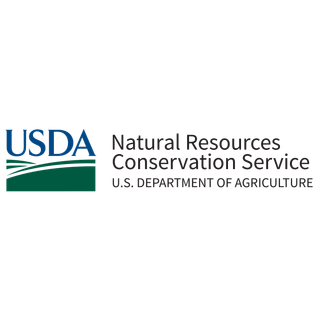Father and son, Ray and Cole Viramontes, admit they stumbled upon the importance of soil health.
Verticillium wilt, a disease prevalent in chile pepper fields across southern New Mexico, was reducing their yields by 20 to 25 percent. Crop loss coupled with constantly rising input costs meant Viramontes Farms would need to stop growing green and red chiles.
Desperate for a solution, they began hosting research trials with New Mexico State University that examined their soil’s biology. While experimenting with bacteria and fungi products, they were introduced to applying brewed compost teas enriched by worms and molasses.
This holistic approach to feeding their soil’s biology cut crop losses by half the first year. Verticillium wilt now impacts just 1 to 2 percent of their chile peppers.
Ray and Cole gained an appreciation for how what happens beneath the ground impacts everything above it. They also began employing a more holistic approach to growing other crops of onions, wheat, cotton, pecans, alfalfa, milo, and pumpkins.
After the Viramonteses replaced acidic fertilizers with biological applications, they found their crops required fewer insecticides and fungicides. These changes, coupled with a regular crop rotation between 5- to 10-acre fields, have reduced their environmental impacts while improving their bottom line.
Cover crops grown between cash crops are beneficial to the soil’s biodiversity while their shade moderates the soil’s temperature. Cover crops also help suppress aphids and reduce wind and water erosion amid the 22 acres of pecan orchards at Viramontes Farms.
In a region that receives just 12 inches of rain annually, irrigation is mandatory to grow crops. Viramontes Farms has been at the forefront of efficient drip irrigation technology since the 1990s.
Ray, who began farming on rented land in 1983, sought to diversify his farm’s income by getting into the chile pepper business. After convincing a contractor and cannery to buy his product, he began by growing less cotton and more green and red peppers. Ray’s wife Courtney manages their Homegrown Market, which sells chiles and other locally grown produce and meats.
Watch their conservation success story
Cole says farmers practice growing crops much like surgeons practice medicine. He researched which of his crops could benefit from micro-nutrients. This prevents overapplying essential nutrients like phosphates and nitrogen. Excessive amounts are both costly and cause water pollution.
“I’ve got big shoes to fill,” said Cole, who began farming with his father in 2010. “I want to leave it in a better place."
Cole follows in his father’s footsteps by helping his community and industry through serving on the New Mexico Chile Commission, and the Farm Service Agency’s State Technical Committee. Cole’s wife Jamie serves on the board of the New Mexico State Farm & Livestock Bureau. The couple advocates for mental health awareness in rural areas through the Here to Help NM campaign.
Cole freely shares his agricultural conservation successes and missteps with others. He agreed to speak at New Mexico’s first-ever soil health conference in 2024.
“I called him, and he agreed, though he said it would be his first such presentation to ever give,” said Katie Crayton of the New Mexico Department of Agriculture’s Healthy Soil Program. “You’d never guess Cole was a newbie at the podium.”
Among the positive comments from conference attendees: “The chile farmer was by far the best presentation.”
It’s proof that Cole’s soil health journey has firmly taken root.





